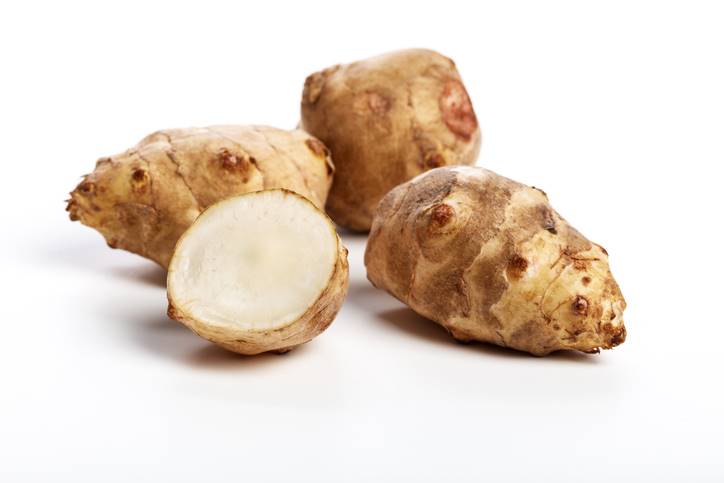|
By Amanda Fiegl, Smithsonian Magazine
|
Mapping America's Native Food Trailto reduce suffering Categories
All
|
Special Recognition to our friend Dr. Rudy Coronado Jr. for his relentless friendship and advice
Map Partner: Aaron Carapella - Tribal Nations Maps (949) 415-4981 [email protected]
This project is a result of a PURC Fellowship from the University of N.C. at Pembroke and
Endorsed by the Native American non-profit Sanctuary on the Trail 501(c)3
Site powered by Weebly. Managed by iPage
Map Partner: Aaron Carapella - Tribal Nations Maps (949) 415-4981 [email protected]
This project is a result of a PURC Fellowship from the University of N.C. at Pembroke and
Endorsed by the Native American non-profit Sanctuary on the Trail 501(c)3
Site powered by Weebly. Managed by iPage
Fair Use Notice
This website may contain copyright material, the use of which has not been specifically authorized by the copyright owner. If we make such material available, it is in an effort to advance understanding of environmental, political, human rights, economics, democracy, scientific, and social justice issues, etc. We believe this constitutes a “fair use” of any such copyrighted material as provided for in section 107 of the U.S. Copyright Law. In accordance with Title 17 U.S.C. Section 107, the material on this site is distributed without profit to those who have expressed a prior interest in receiving the included information for research and educational purposed. Our non-profit’s transformative mission is to provide new decolonized content to help educate the general public and help reduce suffering. Our information can be awareness provoking using factual content.

 RSS Feed
RSS Feed




